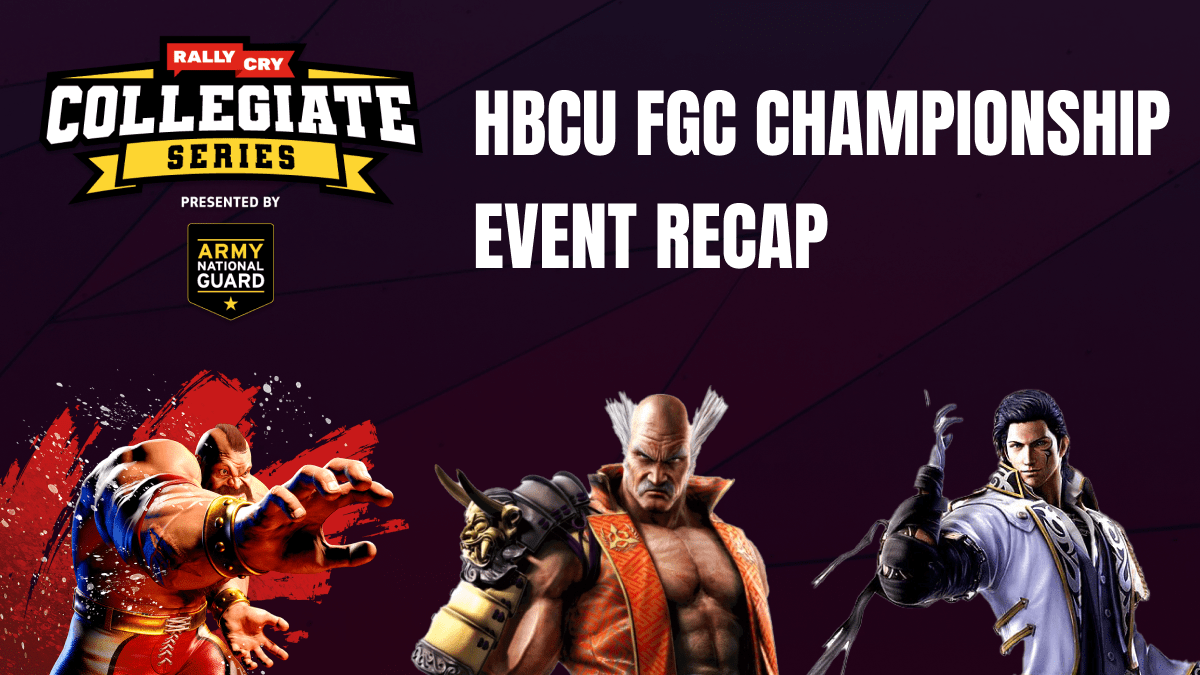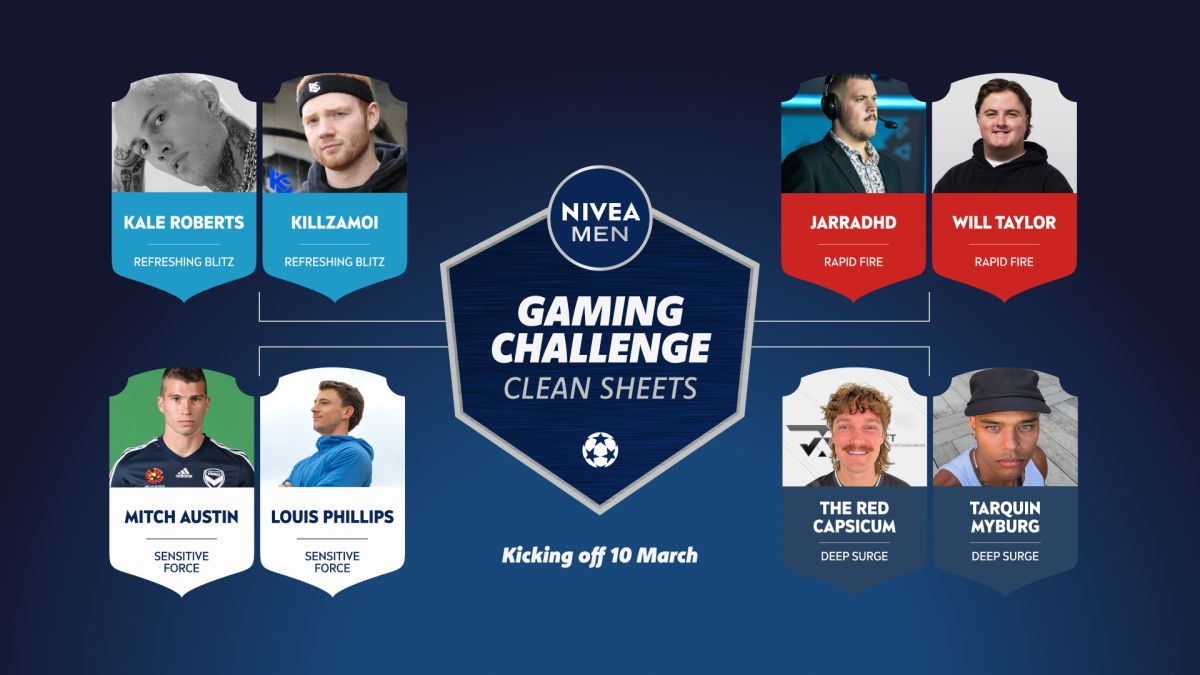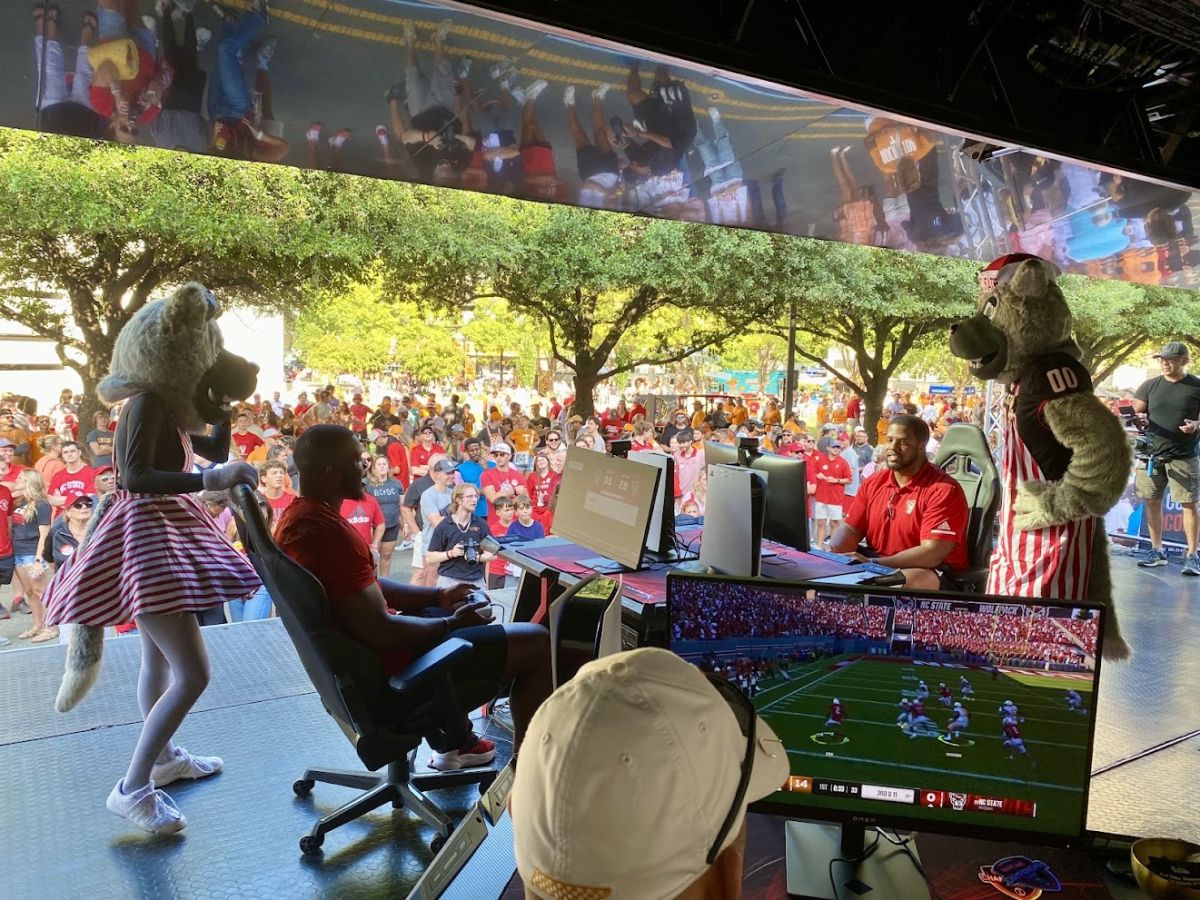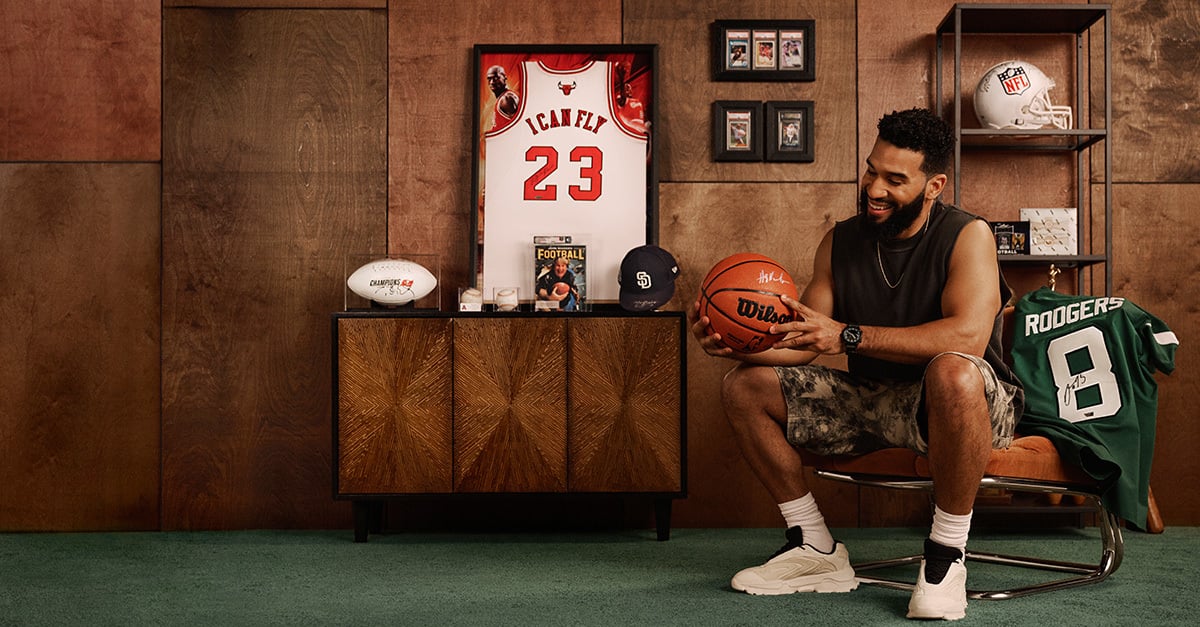This article is written in partnership with Rally Cry.
Following several fierce qualifiers, Rally Cry’s inaugural Collegiate Series HBCU Fighting Tournament Finals rocked Las Vegas’s hi-tech HyperX Arena last month. Presented by the Army National Guard and hosted by esports company and tournament platform Rally Cry, the nail-biting event offered a prize pool of $11,000, spread across Tekken 7, Street Fighter 6, and Guilty Gear -Strive- tournaments.
Kicking off Super Bowl week in Las Vegas, the event was the culmination of Rally Cry and the Army National Guard’s ongoing support for HBCU esports. “Rally Cry’s HBCU Fighting Game Championship provided an incredible opportunity for HBCU students to connect and demonstrate their talents at one of the biggest stages in collegiate esports,” Rally Cry founder Adam Rosen said.
Open to students currently enrolled at historically Black colleges and universities, the event was watched by thousands of Twitch viewers, with hundreds attending in person. Featuring commentary by fighting game personalities Tasty_Steve and Sherry Nhan, seven competitors duked it out across the finals (and Street Fighter 6 semifinals). And following a display of ground-shaking skill, three champions ultimately came out on top, each pocketing thousands of dollars in prize money.
Representing Talladega College, Ziggeth won the Street Fighter 6 tournament. He piled on the corner pressure as SF 6’s Juri, defeating Dragonn from Morehouse College. And Padawsanti from Howard University demonstrated their mastery of Tekken 7’s Hwoarang, beating North Carolina A&T State University’s DGPhantom to emerge as that competition’s winner.
DGPhantom wasn’t done there, though. He went on to claim the Guilty Gear -Strive- crown, defeating Howard University’s 33NDoto. He admitted he’d stepped away from -Strive- in favor of Tekken 7, modestly saying “I thought I fell off, but I guess not.”
But despite all this solo brawler action, the event wasn’t just about winning. Aside from the main tournament, there were open fighting game tournaments, guest stars (including local pro team Las Vegas Inferno), and more, all in the name of elevating esports and making it more accessible. And while the HBCU Fighting Tournament’s finals may be over, their impact will continue to be felt.
“Many students are leaving the championship not only with scholarship money to power their education, but motivated to launch gaming communities on their campuses,” Rosen said. “Our hope is that the event accelerates the development of vibrant gaming groups on HBCU campuses, providing homes for gamers to connect and launch careers within the gaming industry.”
Rally Cry works directly with HBCU students to help promote and establish on-campus gaming clubs. “The Army National Guard has been instrumental in helping to power both the online competitions, offering $30,000 in scholarship prizes, and on-campus events across the country,” Rosen said.
Rally Cry’s Collegiate series continues throughout 2024, offering more crucial opportunities for the esports stars of tomorrow to reach their true potential.












Published: Mar 21, 2024 05:19 pm